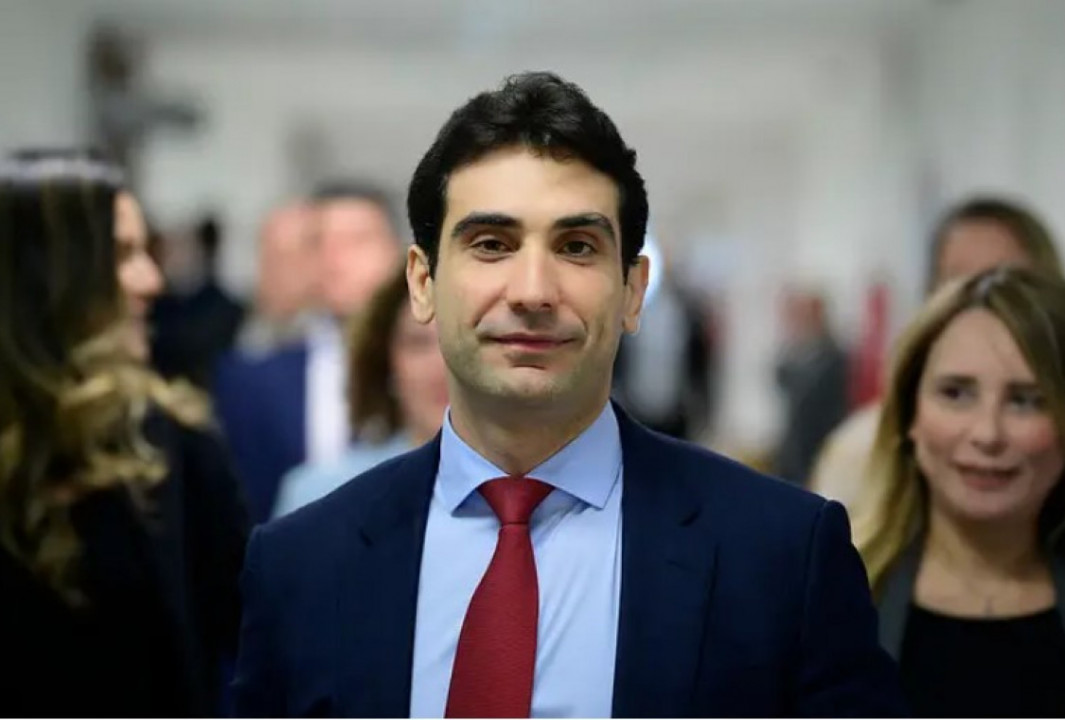Brazilian President Luiz Inácio Lula da Silva is considering appointing Gabriel Galipolo as the next president of Brazil’s central bank, despite his previous opposition to the institution.
Galipolo, currently the central bank’s main deputy, has been approved by the Brazilian Senate for a seat on the bank’s administrative council.
This move marks the first step in the bank’s succession process since a law guaranteeing its autonomy was enacted in 2021.
Galipolo, a former president of a local bank and a confidant of Finance Minister Fernando Haddad, is favored by President Lula and has been the key intermediary with investors.

Analysts are closely watching how he will approach the position, particularly in terms of monetary policy.
Some expect him to take a more moderate stance on growth and inflation targets, while others fear that political agendas may influence him.
Galipolo himself has emphasized his role as a bridge-builder and his desire to align monetary and fiscal policies.
He believes in establishing dialogue and maintaining a good relationship with the central bank’s board.
However, concerns about the bank’s independence have been raised, given President Lula’s criticism of the autonomy law and his calls for accountability.
Galipolo’s appointment comes at a time when Brazil’s outlook has changed, with inflation cooling and business leaders and lawmakers supporting the idea of rate cuts.
The central bank board, which has traditionally been aligned with the president, is becoming more divided, resembling the structure of other independent central banks.
While Galipolo does not have a long-standing relationship with President Lula, he has been involved in designing policies that have improved investor confidence.
The economy has shown positive signs, with an appreciating exchange rate, falling long-term interest rates, and declining inflation.
Overall, Galipolo’s appointment and the evolving dynamics within the central bank will significantly impact Brazil’s monetary policy and its future direction.

